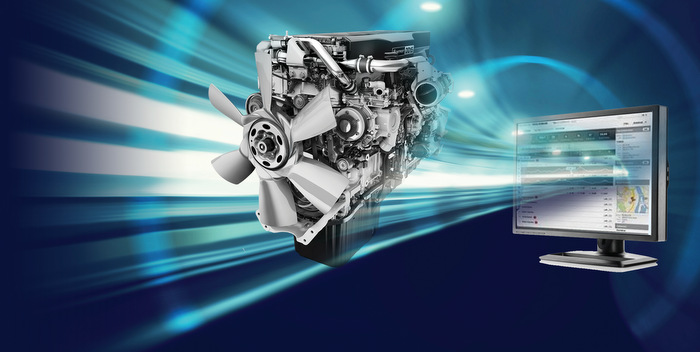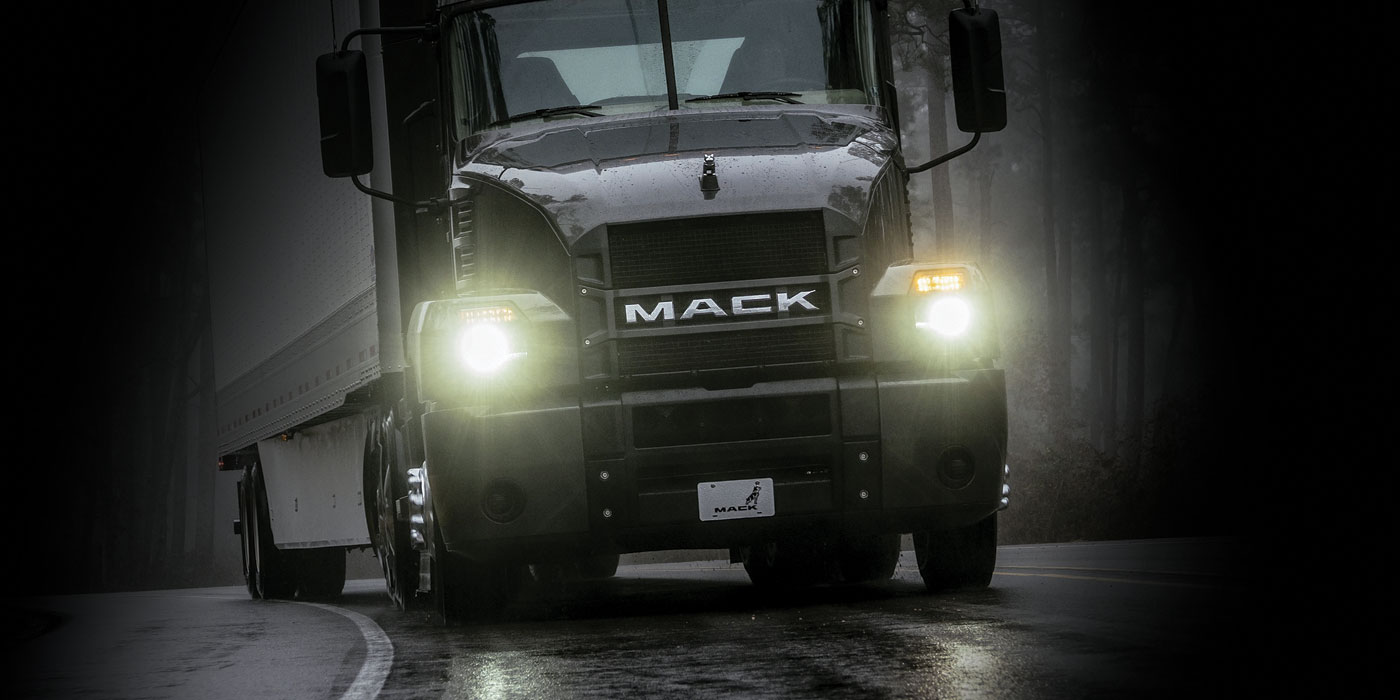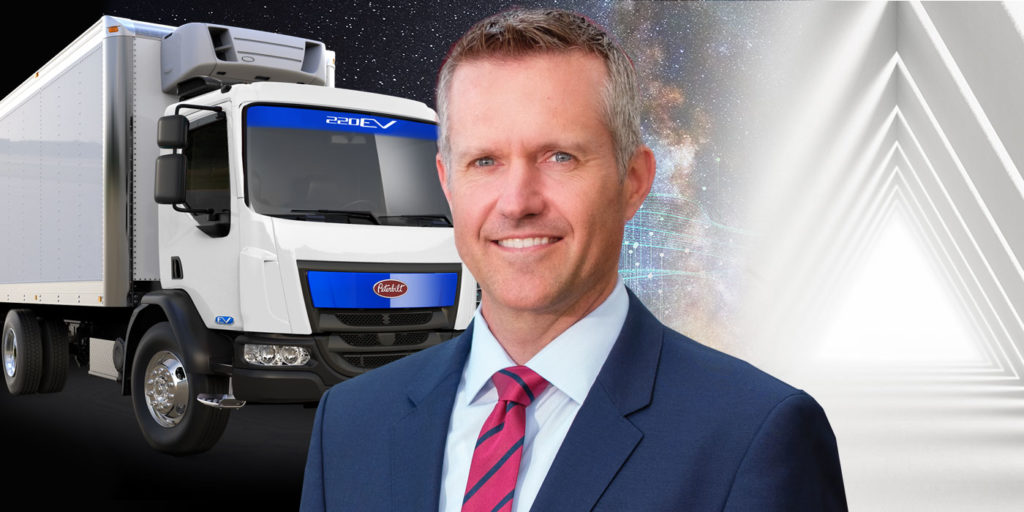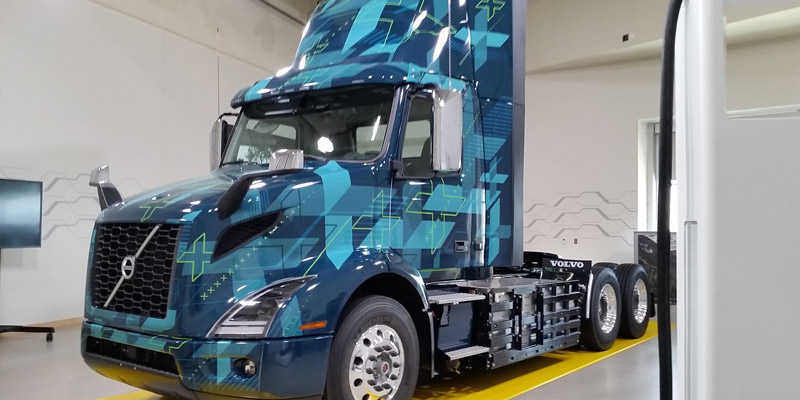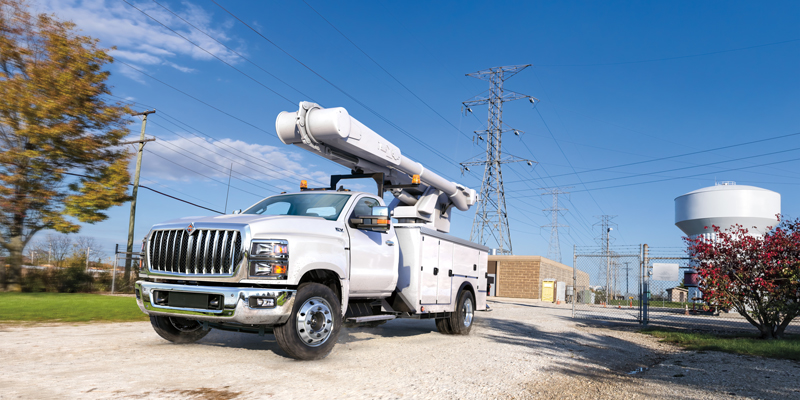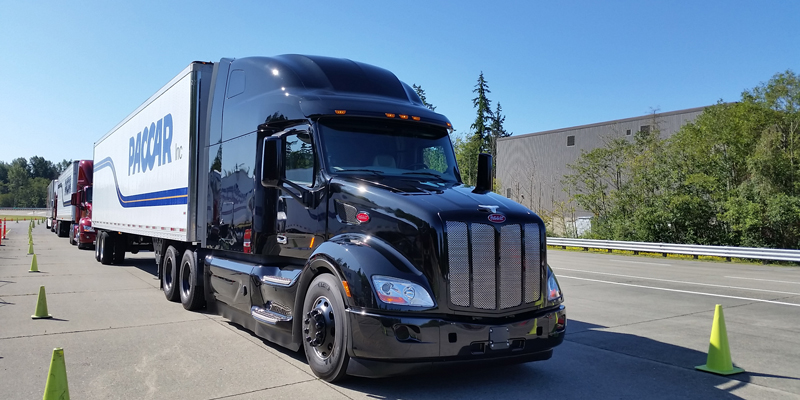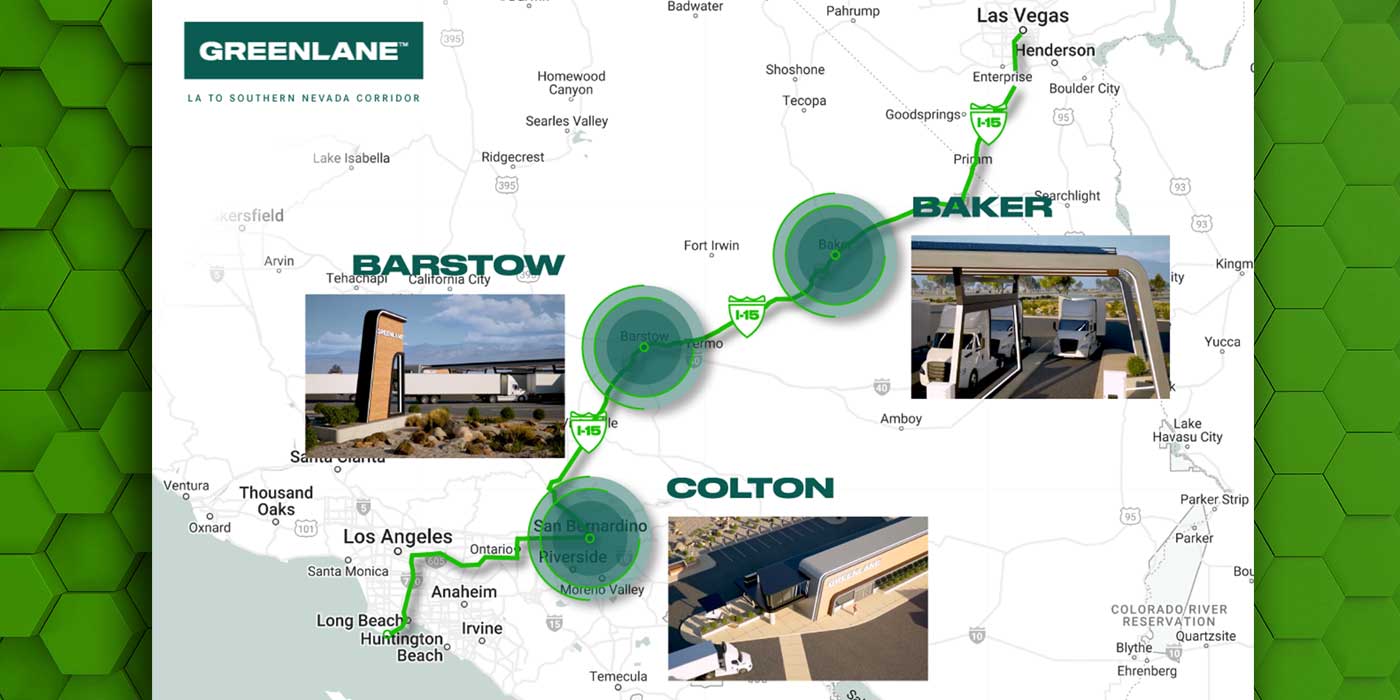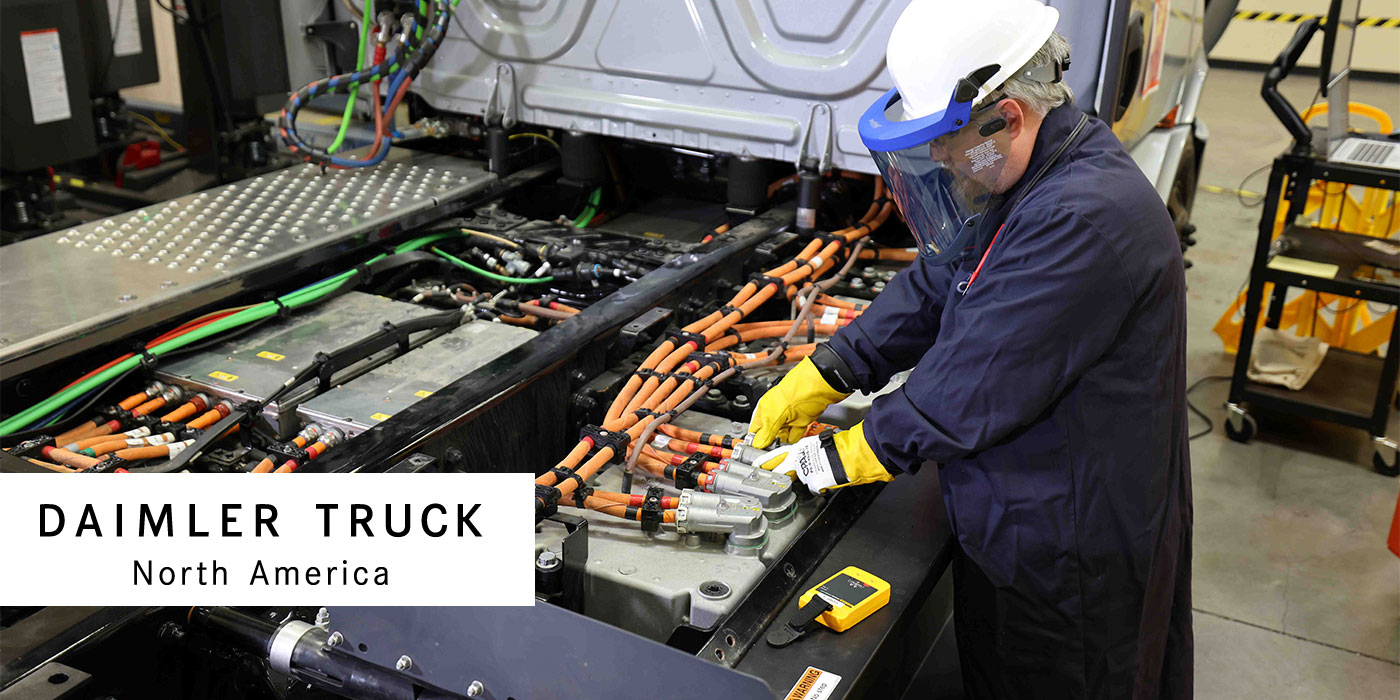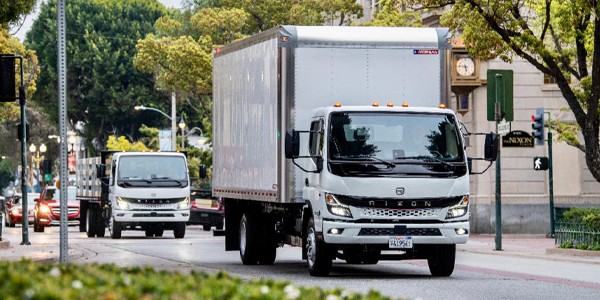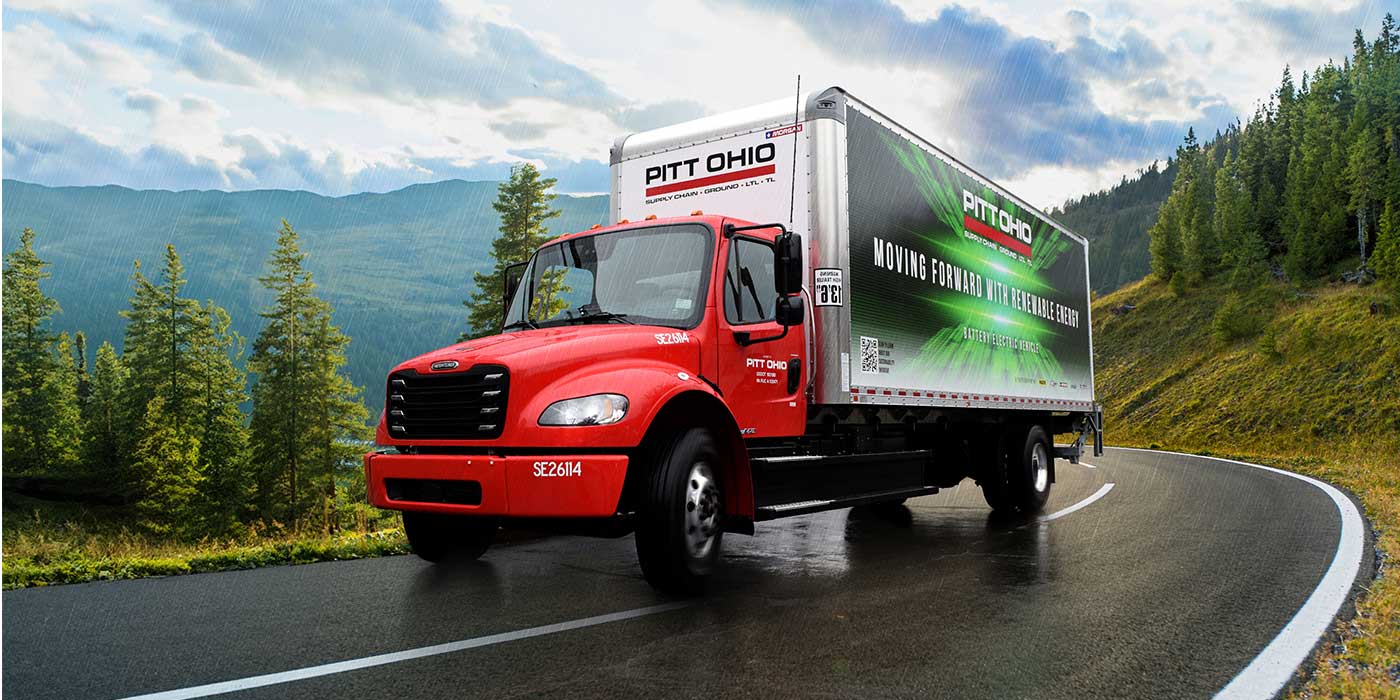What do you expect from your dealership? I’ll bet top on your list is throughput time; in other words, how much time it takes for the vehicle to enter the shop, be serviced, and get back on the road making money. Also on your list might be parts availability, quality of repairs and service, attitude of the people with who you deal and the way in which you receive information related to service and repairs.
Original equipment manufacturers (OEMs) have long been aware that their customers have very have specific expectations regarding maintenance and service. With the addition of increasingly more advanced onboard technology, the bar has been raised. Each new model year of truck comes with more and better technology, which means that the technicians who work on these vehicles must be properly trained and kept up to date on the latest advancements to ensure all service and repairs are done correctly. Dealership technicians are usually on the front line of service updates.
Uptime is critical
Friedrich Baumann, senior vice president of Daimler’s aftermarket division, recently noted, “Uptime plays a critical role in what Daimler refers to as ‘Real Cost of Ownership.’” Baumann was speaking about the Elite Support program, a dealer certification process with more than 120 different criteria. The program, which was developed collaboratively between dealers and DTNA, must be recertified on an annual basis. From the dealer perspective, which involves some significant changes to the maintenance and service business, this also offers an opportunity to improve overall business practices while providing decreased service turn-around times to its customers.
Elite Support is designed to improve turn-around times, which includes hundreds of little details, from supply chain needs and inventory management issues to an increased awareness of the company’s overall service processes. Dealerships that sign up for the program need to comply with a specific list of criteria, which includes such things as:
• Hours of operation;
• Cleanliness;
• Greeting and customer acknowledgment;
• Express assessment;
• Customer updates;
• Quality/comebacks;
• Assigning a continuous improvement coordinator; and
• Employee appearance
One Elite Support certified dealer, Brad Fauvre, president of Velocity Vehicle Group, says that the program is helping his dealership provide better service to its fleet customers. “It all drives to our metrics that we take very seriously. For us, and everyone who is a part of the Elite network, that impacts throughput time—from the second a truck hits the dealership to the time it leaves—we’re driving those turn times down,” Fauvre said. “For example, in Fontana, Calif., which is one of the biggest truck hubs in the country, our average throughput time in our shop was a little over four days, close to five days. We didn’t know this until we started with the Elite Support process and developed the metrics. Over the next year, which was 2014, that was driven down to below three days and our technician count has gone up from 45 to 80 techs.”
Rick Reynolds, president of Peach State Truck Centers, speaks about his dealership’s experience with the program:
“We did some value stream mapping and found that we were pretty good when the truck arrived; getting the issue written up, but we were losing it once that truck needed to be scheduled and diagnosed. There wasn’t good communication with the parts department to find out if the part was on the shelf or if it needed to be ordered. Until you start going through that detailed process and seeing the ‘waste areas,’ you’re blind to them in your day-to-day business. It is a helpful process to identify the gaps and eliminate them.” Clearly the success comes from removing excess and streamlining the service process.
There are currently 179 Elite Support-certified dealer locations within Daimler’s network of 500 locations, but Baumann stressed that number will only continue to rise as the company puts not only a monetary investment, but also a “mindset” investment, behind its approach to its dealers and service locations to ensure the right people, the right leadership and right focus is put into place.

